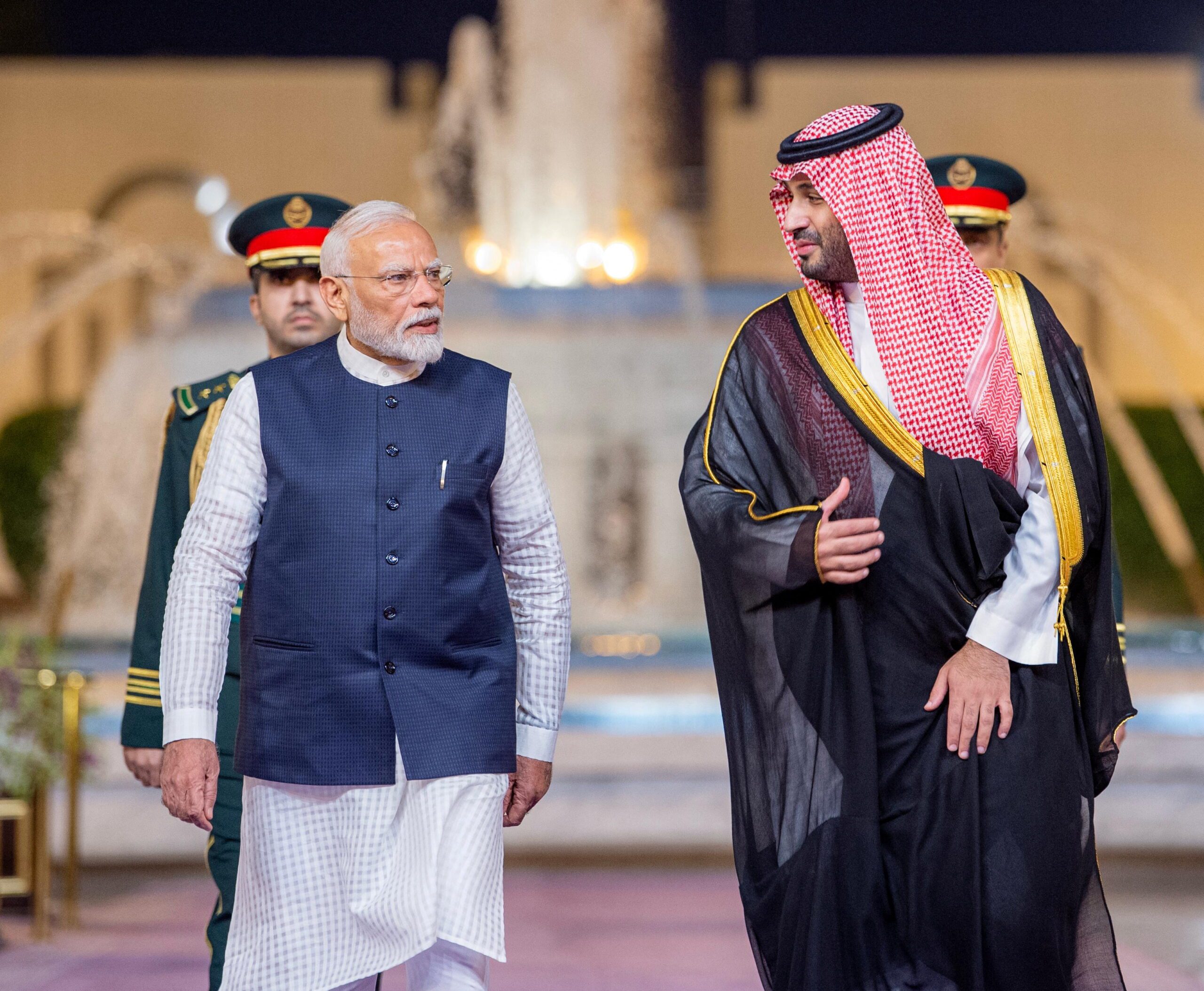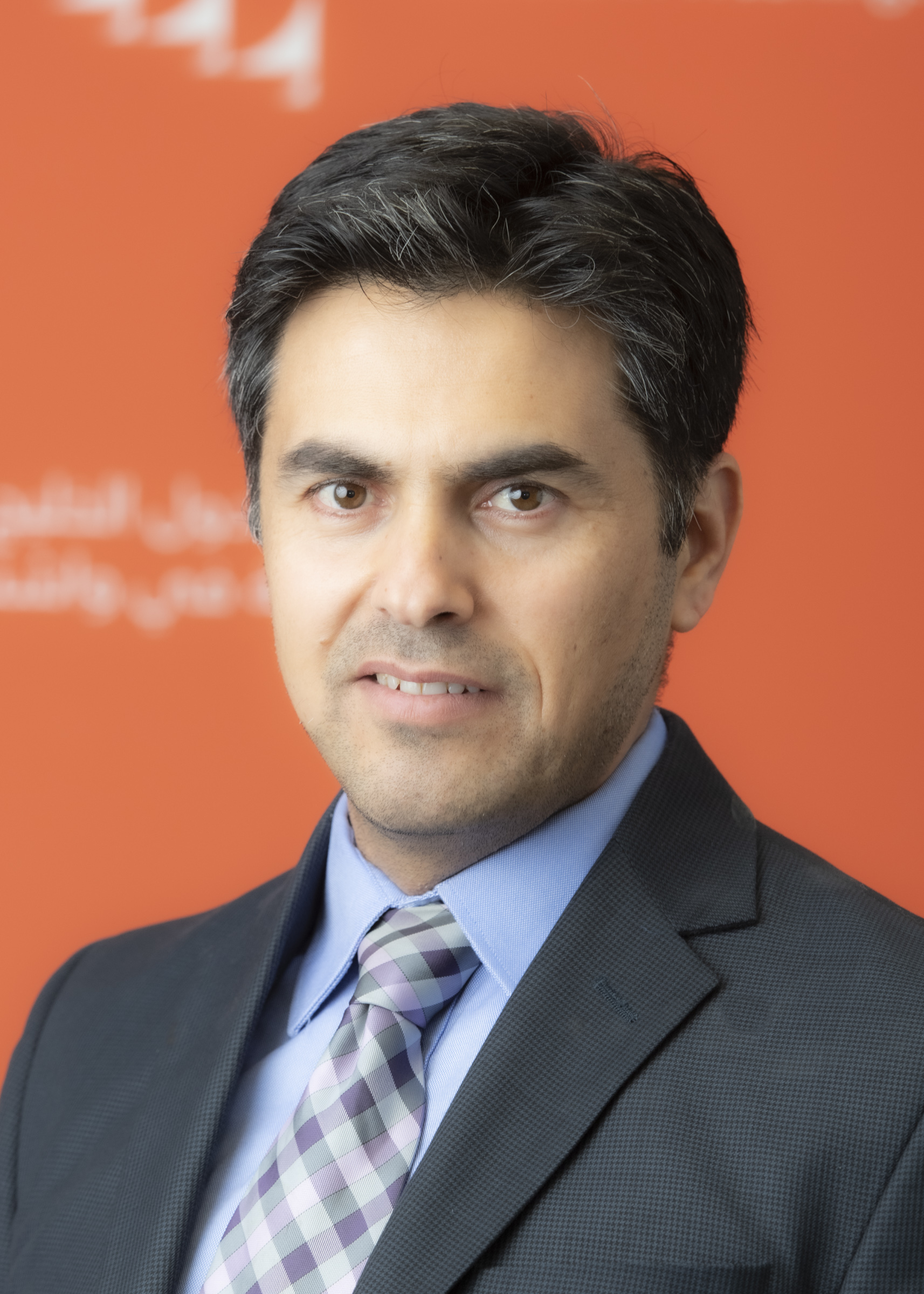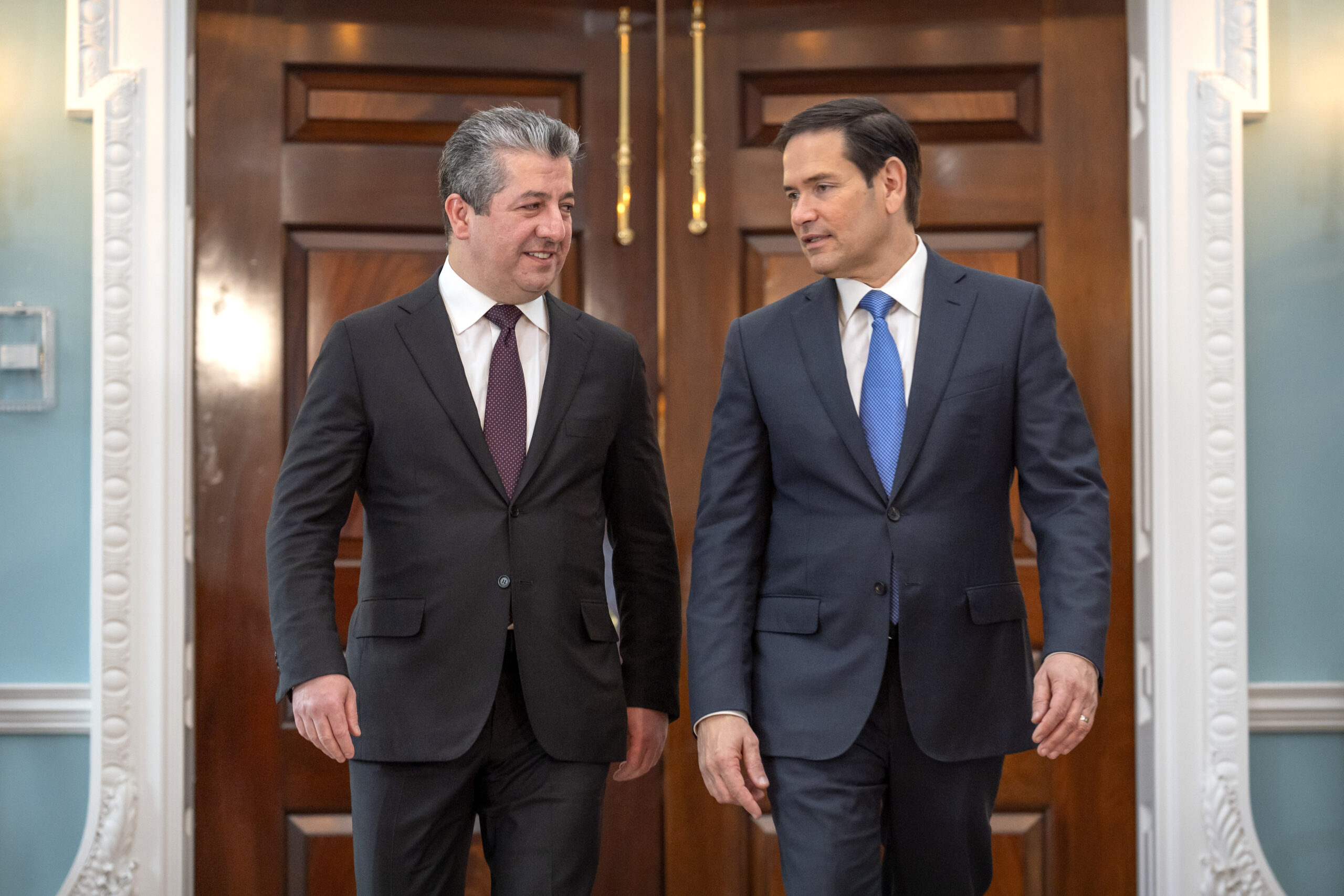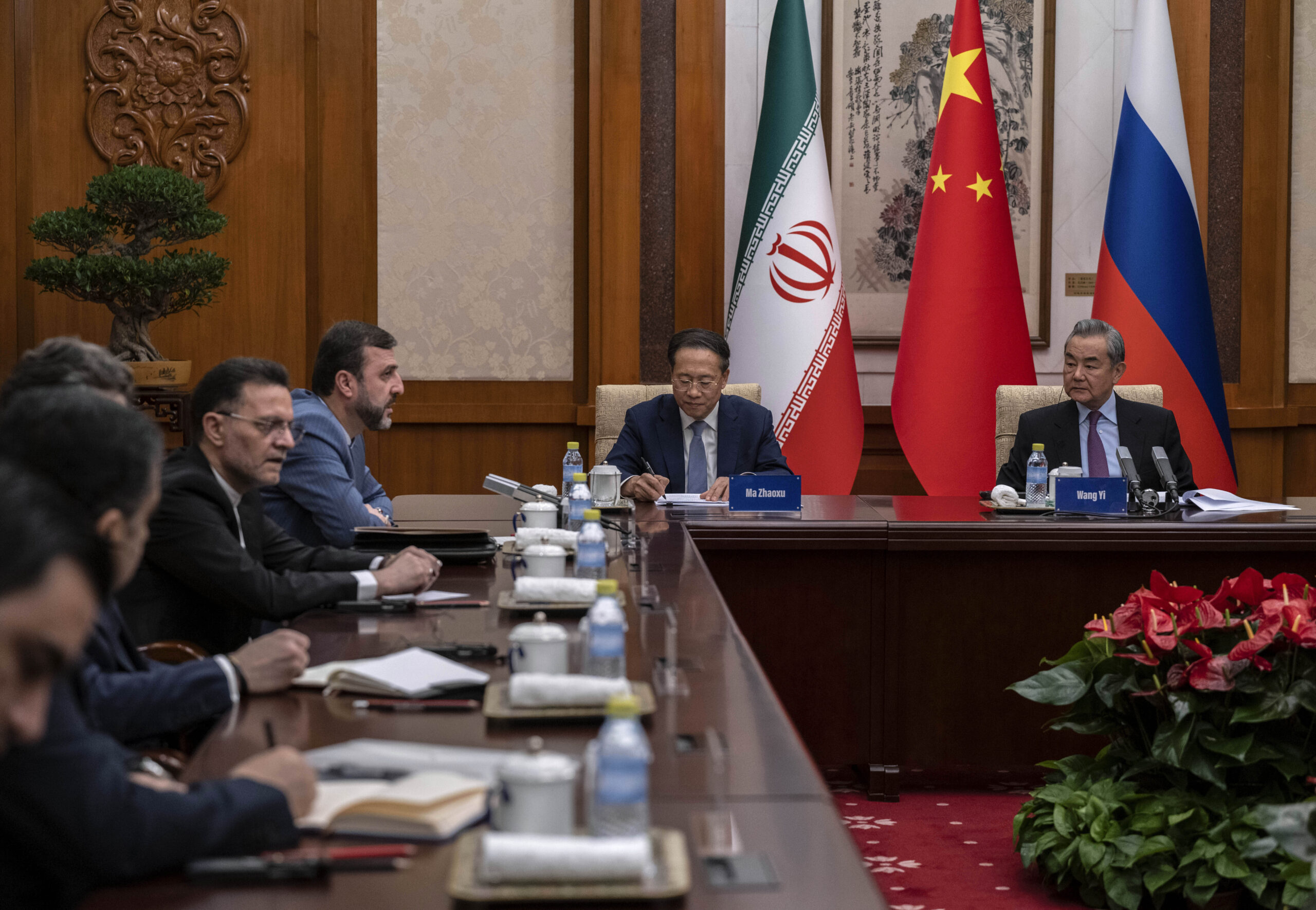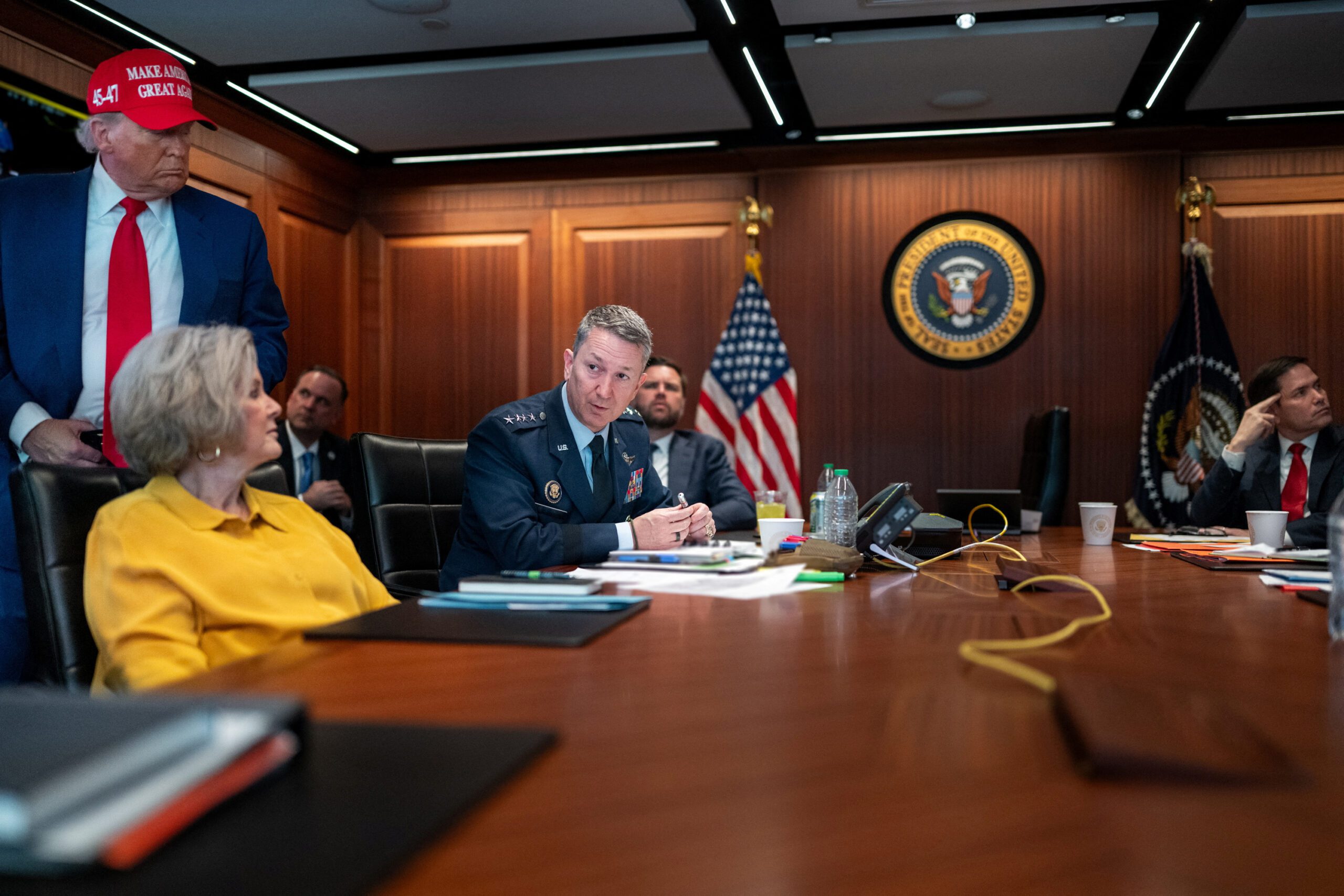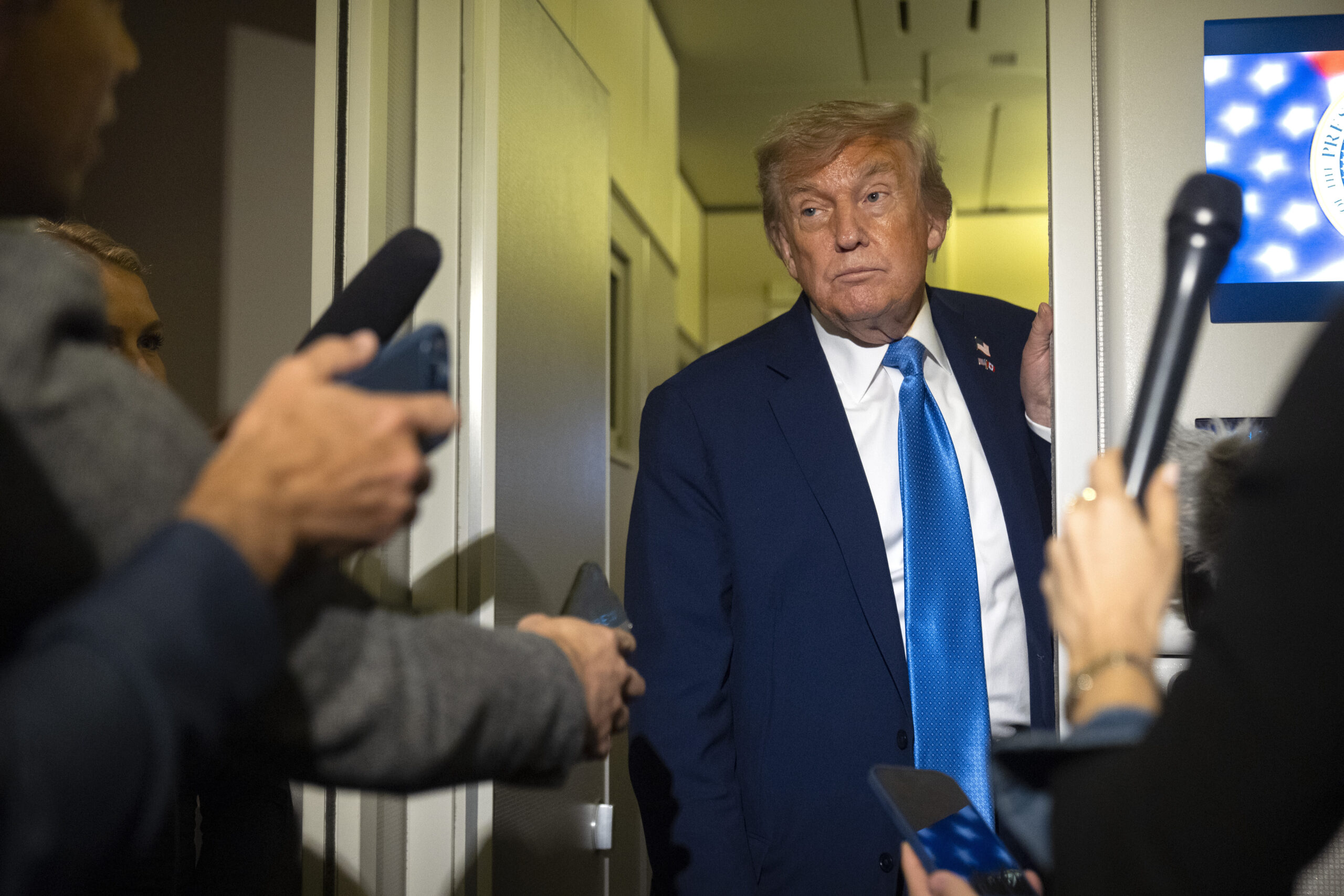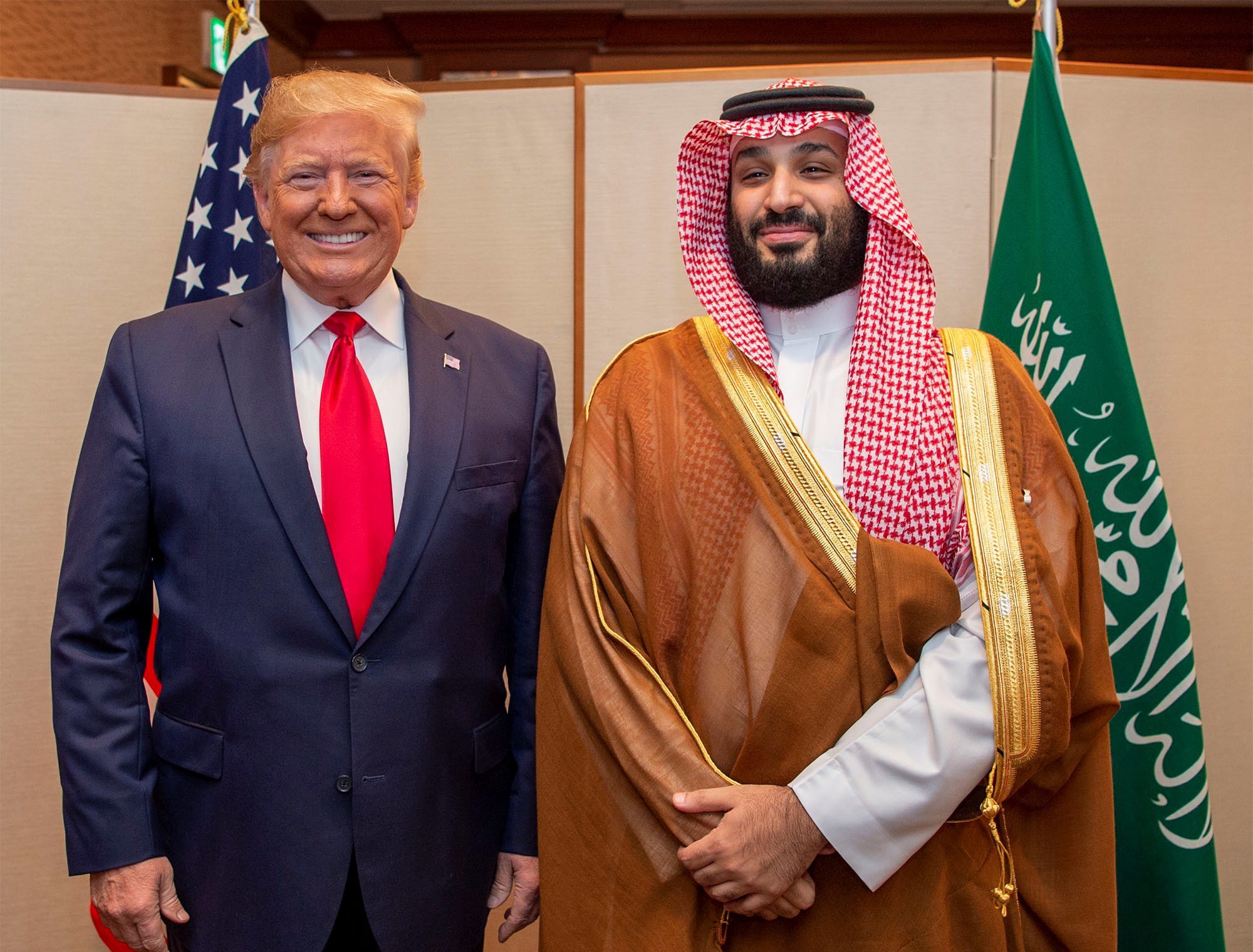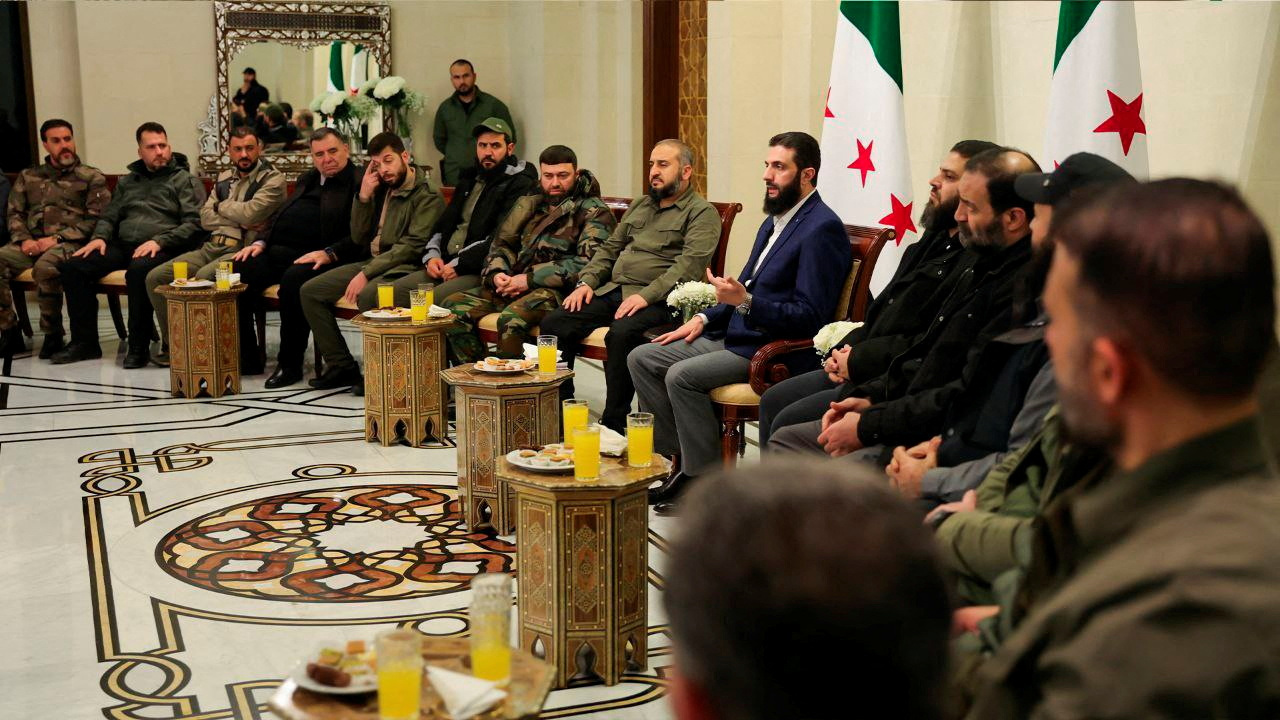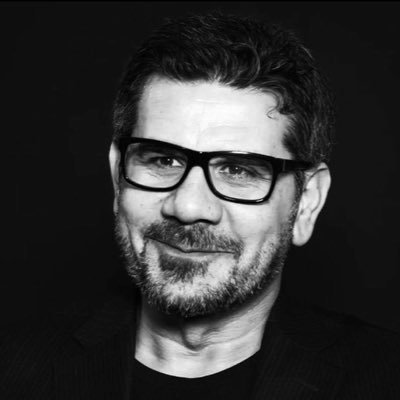What’s at Stake for the Gulf Arab States in Syria?
The very least that the Gulf states can consider acceptable as an outcome to the Syrian conflict is the limitation of Iran’s ambitions in the Arab world and the regional containment of Tehran.
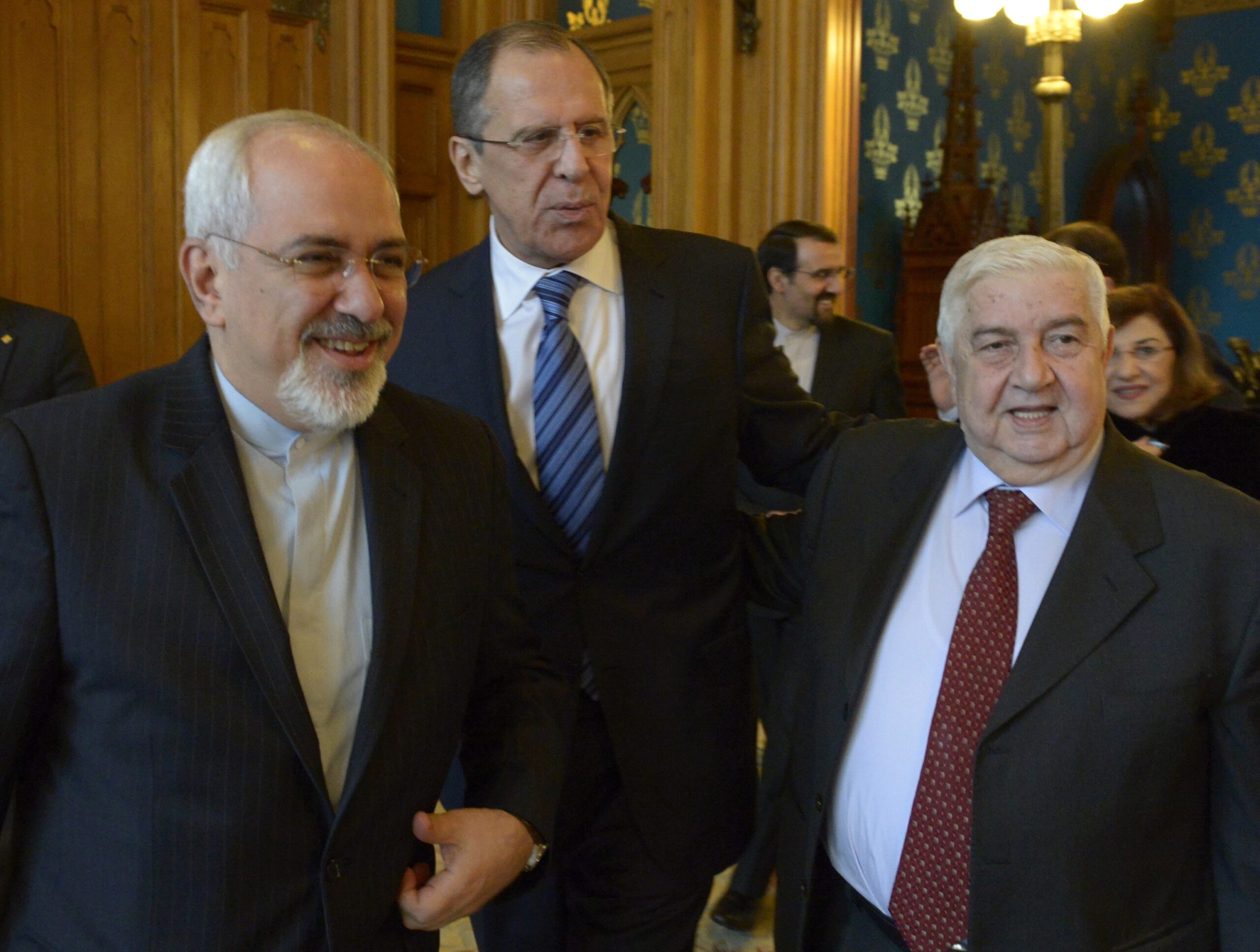
Executive Summary
Notwithstanding the range of views within the Gulf Cooperation Council, the Gulf Arab states are largely committed to the ouster of the regime of Syrian President Bashar al-Assad and the reduction, if not elimination, of Iranian influence in Syria. Saudi Arabia and Qatar, in particular, are convinced that the strategic future of the Middle East, and specifically the role of Iran, will be determined by the outcome of the Syrian conflict. They believe that if Iran and its allies prevail and the current Syrian regime survives unreconstructed it will open the door for further inroads by Tehran into the Arab world and the eventual creation of a Persian miniempire in the region. They are even concerned that Iranian destabilization efforts will intensify within the GCC states, particularly Bahrain, Kuwait, and Saudi Arabia’s Eastern Province. Therefore, Saudi Arabia and Qatar, along with Turkey, have been the primary sponsors of a range of rebel groups, some of which are deemed extremist by the United States and other Western countries.
Yet the conflict in Syria has not been going well for the Gulf states. The joint Iranian-Russian “surge” of 2015-16 swung momentum back in favor of the regime in the most crucial parts of the country. Moreover, the United States and a number of key Arab countries, including Egypt, are starting to view the continuation of the conflict as more destabilizing and dangerous than the continuation of the regime and Iranian influence over Damascus. Despite their threats, Saudi Arabia and Turkey are unlikely to conduct a direct military intervention in the foreseeable future because of the enormous risks involved, although it cannot be ruled out entirely, especially in the longer term. What is most likely for the near term is a major increase in Gulf support for armed rebel groups, combined with intensified overtures to win Moscow’s backing for a post-Assad future in Syria.
The very least that the Gulf states can consider acceptable as an outcome to the Syrian conflict is the limitation of Iran’s ambitions in the Arab world and the regional containment of Tehran. As long as there is a prospect that the outcome in Syria will be the prelude to further expansion of Iranian influence in the Middle East, the Gulf states are likely to persist in seeking sufficient military reversals to secure minimally acceptable political outcomes that ensure that Tehran cannot use the conflict as a springboard for acquiring even greater regional clout.
The views represented herein are the author's or speaker's own and do not necessarily reflect the views of AGSI, its staff, or its board of directors.


